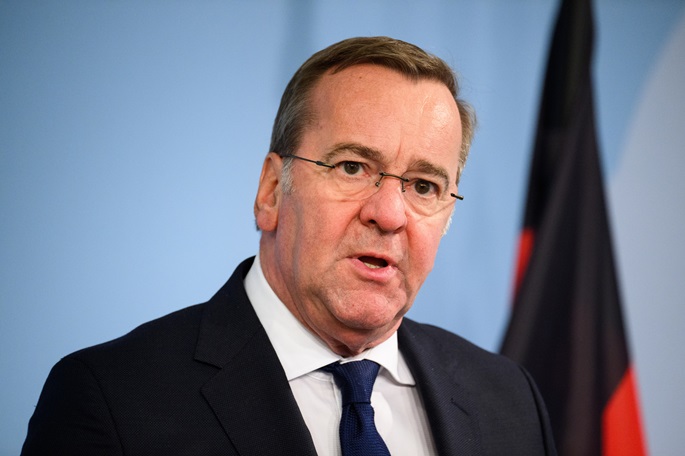German minister stresses importance of Baltic Sea for European security
Published : 21 Oct 2024, 22:55
German Defence Minister Boris Pistorius emphasized the importance of the Baltic Sea region for European security at the opening of a new tactical naval headquarters in the port city of Rostock on Monday.
Pistorius said the Baltic's strategic importance became even clearer after Russia launched the full-scale invasion of Ukraine in 2022, leading to mounting tensions with NATO.
Russia has ports on the Baltic in the exclave of Kaliningrad and around St. Petersburg. The sea is otherwise ringed by NATO members, including new NATO additions Sweden and Finland.
Pistorius on Monday said that Russian President Vladimir Putin isn't only directing his war against Ukraine.
"His real enemy is our free, independent and democratic way of life," said Pistorius at the opening of a new tactical headquarters of the German Navy in Rostock, according to a speech text that was circulated in advance.
Security in the Baltic region is inextricably linked to the security of Europe as a whole, he said.
Germany, which has the largest navy within the NATO alliance in the region, assumed a regional leadership role on October 1.
The headquarters in the German port city - called Commander Task Force Baltic - is responsible for planning maritime operations and drills, as well as leading naval forces assigned by NATO during times of peace, crisis and war.
The regional task force is led by Germany but staffed by personnel from 11 other allied nations as well.
Moscow's invasion of Ukraine has heightened fears of further Russian aggression. The Baltic Sea is an important supply route for NATO and is of key economic importance for neighbouring allied countries.
NATO has warned of systematic spying on infrastructure and other potential threats in the region by Russia.
Pistorius has made it clear that the Rostock facility is not a new NATO headquarters, and that it is not a violation of the so-called Two-Plus-Four Treaty.
The 1990 treaty, which paved the way for divided Germany to reunite at the end of the Cold War, was signed by the United States, France, the United Kingdom and the Soviet Union.


